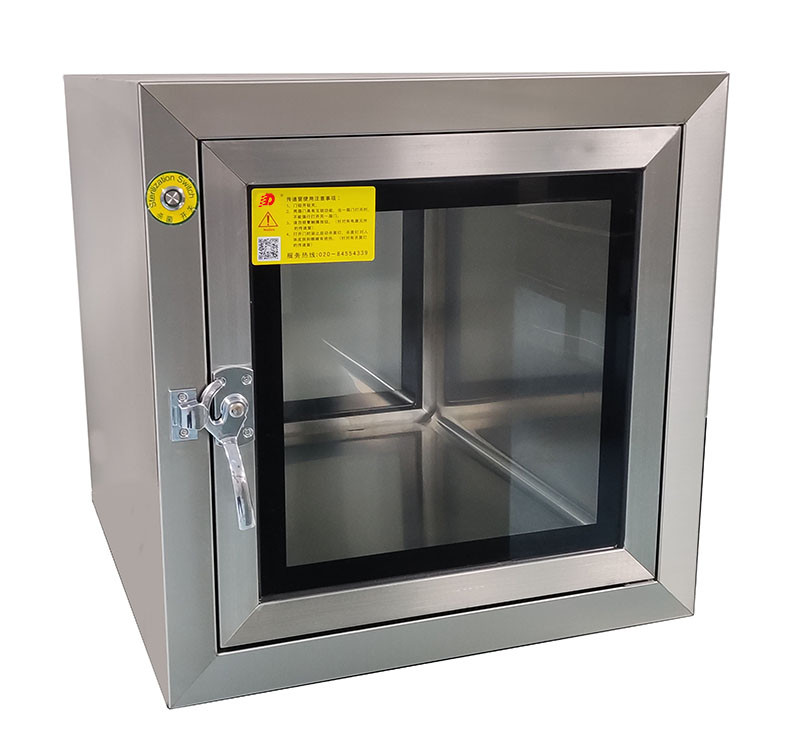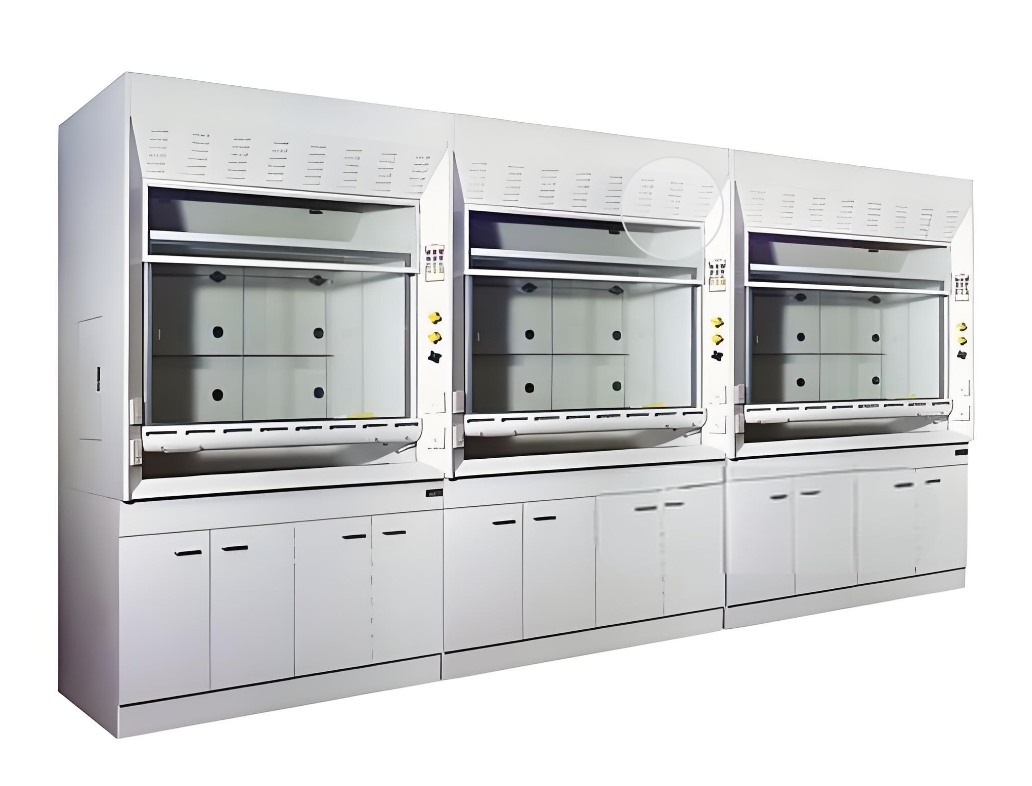The Role of GMP in the Manufacturing Industry
Good Manufacturing Practices (GMP) play a crucial role in ensuring the quality and safety of products in various industries, particularly pharmaceuticals, cosmetics, and food. By adhering to GMP Standards, Manufacturers can minimize risks and enhance product reliability, ultimately protecting consumer health. This article explores the significance of GMP, its key components, and the impact it has on manufacturing processes.

Ensuring Product Quality
GMP is essential for maintaining high product quality. According to the World Health Organization (WHO), up to 10% of medicines in low- and middle-income countries are substandard or falsified. By implementing GMP, manufacturers can significantly reduce the likelihood of product defects and ensure that products meet predetermined specifications.
Documentation and Traceability
Proper documentation is a cornerstone of GMP. By maintaining detailed records of manufacturing processes, quality control checks, and employee training, companies can ensure traceability and accountability. Research shows that organizations with effective documentation practices can achieve a 20% reduction in compliance violations, enhancing overall operational efficiency.

Continuous Improvement
GMP encourages a culture of continuous improvement. Regular audits and evaluations help identify areas for enhancement in manufacturing processes. According to the FDA, companies that engage in continuous improvement initiatives can increase operational efficiency by up to 15%, leading to higher product quality and lower production costs.
Consumer Trust and Market Competitiveness
Adhering to GMP not only ensures product safety but also builds consumer trust. A survey by the Personal Care Products Council found that 90% of consumers prioritize product safety whenchoosing cosmetic and personal care products. Companies that demonstrate compliance with GMP can enhance their market competitiveness and foster customer loyalty, leading to increased sales and brand reputation.

Environmental and Social Responsibility
GMP also plays a role in promoting environmental and social responsibility within manufacturing processes. By adhering to GMP, companies can minimize waste and reduce the environmental impact of their operations. According to a report by the United Nations Industrial Development Organization (UNIDO), implementing GMP can lead to a 15% reduction in resource consumption, contributing to sustainable practices.
What is GMP Responsible For?

Ensuring Product Quality
Good Manufacturing Practices (GMP) are crucial for ensuring that products meet quality standards. They provide guidelines for production processes to minimize risks and ensure consistency in product quality.
Compliance with Regulations
GMP is responsible for ensuring compliance with local and international regulations. This helps manufacturers avoid legal issues and maintain their reputation while ensuring that products are safe for consumers.
Risk Management
GMP focuses on identifying and managing risks throughout the manufacturing process. By implementing preventive measures, it helps reduce the likelihood of defects and ensures the safety of the final product.
Staff Training and Hygiene
GMP emphasizes the importance of staff training and hygiene. Proper training ensures that employees understand the protocols necessary for maintaining quality and safety, while hygiene practices help prevent contamination.
The Main Objectives of GMP

1. Ensuring Safety
One of the primary objectives of GMP is to ensure the safety of products. This involves implementing procedures that minimize the risk of contamination and ensure that products are safe for consumer use.
2. Maintaining Consistency
GMP aims to maintain consistency in product quality. By standardizing processes and procedures, manufacturers can ensure that every batch of product meets the same quality standards as previous ones.
3. Improving Efficiency
GMP seeks to improve operational efficiency. By streamlining production processes and reducing waste, manufacturers can enhance productivity while maintaining high quality in their products.
The Main Role of Quality Control in Implementing GMP

1. Conducting Inspections:Quality control is responsible for conducting inspections of raw materials and finished products. This helps verify that all items meet the required standards before they reach consumers, ensuring safety and quality.
2. Providing Feedback:Quality control provides valuable feedback to the production team. This feedback helps identify areas for improvement and ensures that any deviations from GMP guidelines are addressed promptly.
3. Documenting Compliance:Another key role of quality control is documenting compliance with GMP regulations. Proper documentation serves as evidence that manufacturers are adhering to required standards, which is essential for audits and inspections.
What is the Role of GMP in Preventing Contamination and Cross Contamination?

Establishing Hygiene Protocols
GMP establishes strict hygiene protocols to prevent contamination. These protocols include regular cleaning and sanitization of equipment and facilities, ensuring that all surfaces are free from harmful substances and bacteria.
Controlled Environment
GMP requires the maintenance of controlled environments during manufacturing. This includes regulating temperature, humidity, and airflow, which helps minimize the risks of contamination and cross-contamination in the production area.

Employee Training
GMP emphasizes comprehensive training for employees on contamination prevention. Training ensures that all staff understand the importance of hygiene practices, personal protective equipment (PPE), and safe handling of materials to reduce contamination risks.
Segregation of Materials
GMP mandates the segregation of raw materials and products to prevent cross-contamination. By keeping different materials isolated, manufacturers can reduce the risk of mixing incompatible substances that could compromise product safety.
 +86 18186671616
+86 18186671616 Jason@cleanroomequips.com
Jason@cleanroomequips.com
 MENU
MENU














